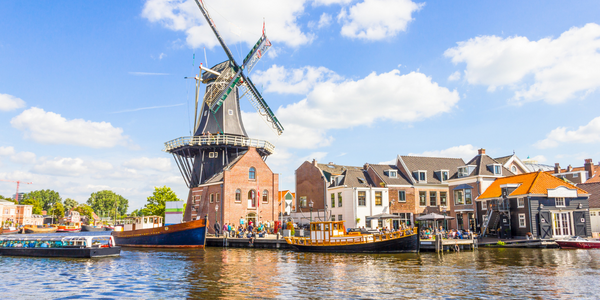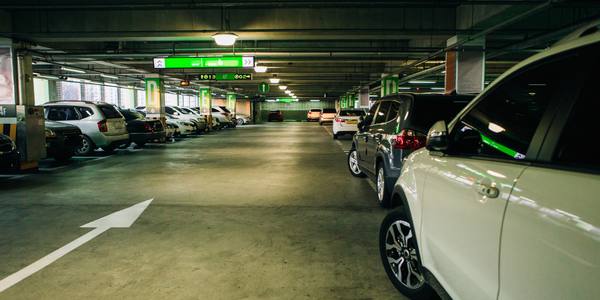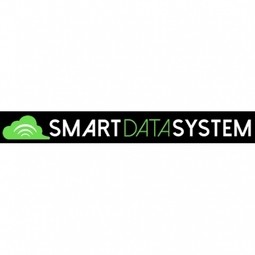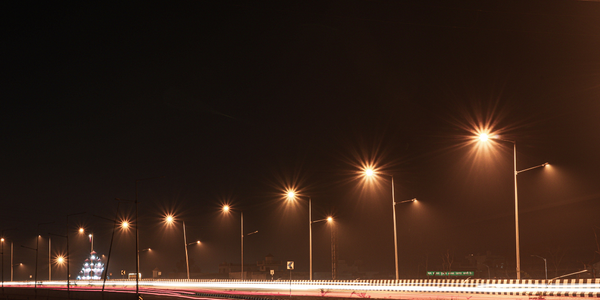Optimizing Energy Utilization (Barcelona City Council)
.png)
- Functional Applications - Remote Monitoring & Control Systems
- Networks & Connectivity - Gateways
- Platform as a Service (PaaS) - Data Management Platforms
- Sensors - Utility Meters
- Cities & Municipalities
- Facility Management
- Building Energy Management
The Barcelona City Council manages about 2000 municipal buildings and as expected the energy expenditure is very high. Hence, the objective was to closely monitor and control how these buildings are consuming and, in some cases, producing energy. Specifically, the aim was o determine the degree of utilization of energy produced by solar thermal systems in multifamily buildings. The project consisted on controlling and monitoring 28 solar thermal systems. It was divided into three phases; a pilot phase to monitor 4 initial sites, a second phase where 16 more were added, and a third phase where the final 8 were included.
On the pilot phase, the main controller, responsible for managing the system operation, was monitored to analyse the actions it was executing on a regular basis. Given that the main controller did not allow external communication, a new set of temperature sensors and energy meters were deployed in order to measure the energy produced by the system. This equipment then transmits collected data to the Smart Data System monitoring platform through a gateway that provides connectivity. For the subsequent phases, the main controller was replace by the SH2WEB24, manufactured by CARLO GAVAZZI , an enhanced version of the controller that not only allowed the Smart Data System platform to perform monitoring tasks, but also enable it to send instructions to the devices. With this new controller, existing devices can now be connected directly. The final step was to analyse all collected data and then produce reports that helped improving the system setup, detect faulty equipment, and send alerts when something abnormal happened.
Related Case Studies.

.png)









